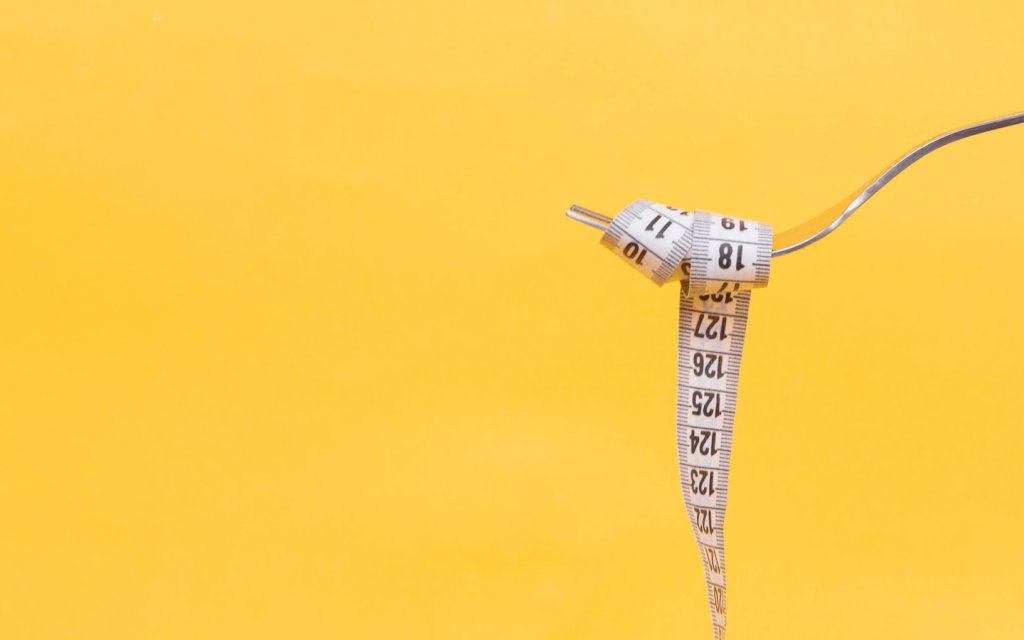‘SHRILL’ SAYS IT’S OK TO BE FAT AND LOVE YOURSELF

Who says you can’t be fat and happy?
The wonderful thing about watching good content is that it can be really educational and eye opening. ‘Shrill’ the new series on Hulu which is based on a book by Lindy West, is one series that really moves audiences to open their minds.
‘Shrill’ takes a unique look into what it means to live as someone who is overweight in our overly obsessed health climate that has birthed many nutritional trends such as veganism and diets like the Kito diet. Writer Annie Easton, who is played by ‘Saturday Night Live’ alumni, Aidy Bryant is a plus-sized woman and this series follows her as she grows comfortable within her body and demands respect despite opinions about her health.
The first few episodes of ‘Shrill’ are charming and heart warming because though her insecurities are cringe worthy, there are still many tender moments. One of them is when she follows another confident plus-sized woman into a flower store who walks with a certain zest and flare even though she was larger than she is. Her astonishment that somebody could be big and yet so perfectly OK with their identity, unabashed and carefree about people’s views was enough to encourage her to take a moment to reevaluate the way she sees herself. Because of that moment, she was inspired to finally speak up to her boss and fight for an opportunity she had been gunning for.
Still, the series has a questionable character development that almost seems antithesis to who Annie wants to be. Ryan (Luka Jones), her friends-with-benefit whom she held deep feelings for, advances from just being a playboy who uses her for sex in secret ( hiding her out of embarrassment) to a a boyfriend. It’s a strange development because even though he apologizes for mistreating her for so long, it’s clear that the main reason she is giving him a chance is because she feels insecure and worried she may not have another offer of partnership from someone. As well, her relationship with her boss is very toxic even though other colleagues normalize his public disrespect and wild antics. It’s shocking and upsetting to watch because there never seems to be a proper resolution with her conflict with him, just a lulled argument waiting to rise up again.
In moments like that, her friend Fran (Lolly Adefope) is a great relief because she grounds Annie and reminds her of her value. Likewise her work husband Amadi (Ian Owens) is her sweet supporter and a great friend.
Annie is shy and very reserved but she has moments of silliness that are really humanizing and funny to watch. Her story arch though falls flat very quickly in the premiere season for the show. She first emerges as a funny, easy-going character with a confidence complex but as the end of the season nears, she becomes increasingly selfish, the humor lessens, and then gradually dissipates, and she grows more ignorant of how her behaviour affects her friends and family—which slightly diminishes her spark.
The last episode of season one ends with her finally confronting her troll which is completely out of character. Yet, though that scene should have been satisfying to watch, because of the unnatural and awkward mix of humor and aggressiveness (which felt sprung out of no where) the impact was missed.
The show could be looked at as a flippant take on issues concerning plus-sized people but they are so many edifying turning points in it that create conversations. One memorable scene is when Annie learned that the morning after pill is meant to be used for women 175 pounds and under and is in-effective for women weighing more. It really grasps the depth of the troubles that marginalized individuals within the plus-sized community, particularly women, face regularly. Systems that are meant to support everyone directly rejects them and no one, not even professionals care to make things fair. ‘Shrill’ forces us to ask, “how long will we let this go on for?”